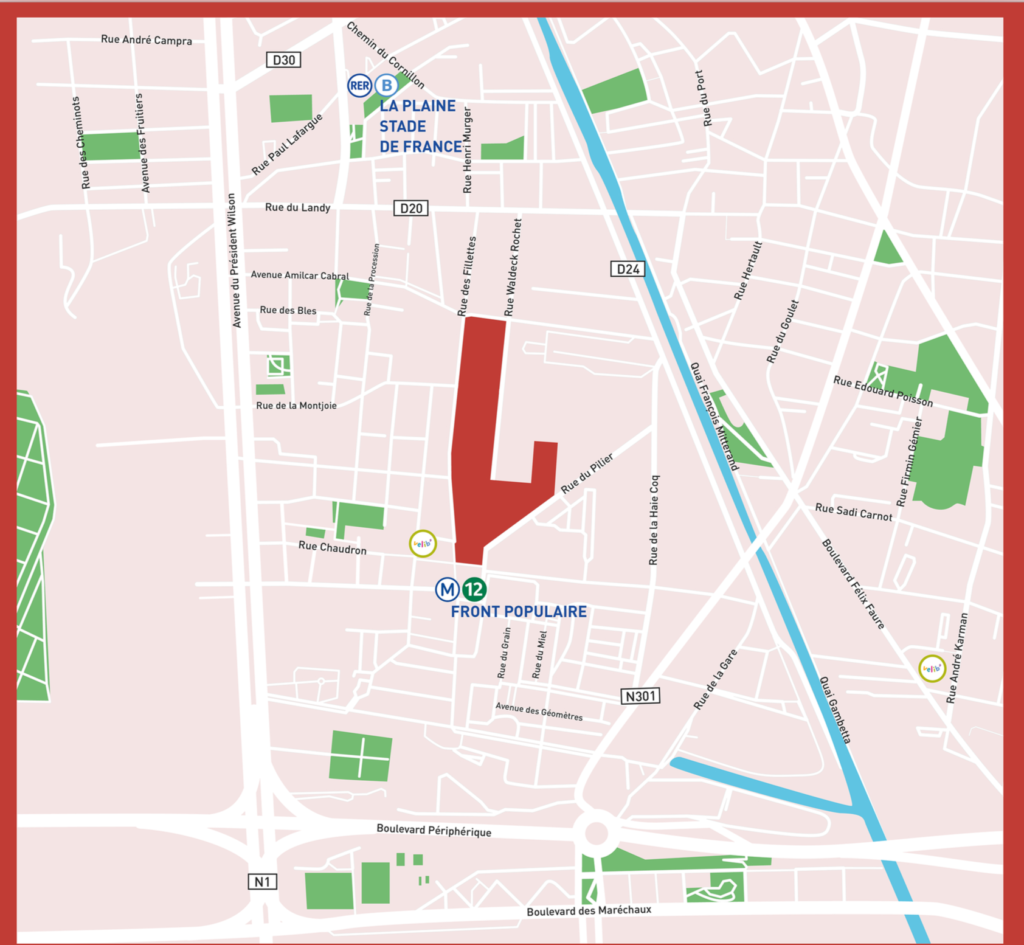The main focus of this conference will be translation as process, rather than as a mere product, which will prompt us to apprehend translated works as belonging to one or several networks, contexts and translational cultures. In short, translation is a concept that throws new light onto the exchanges and differences pertaining to contemporary digital literary culture. Contemporary digital literary culture mobilizes multiple operations: it involves translation across languages, but includes circulations characteristic of other translational issues at large: exchanges between interfaces, media, codes, institutions, cultural perspectives, artistic and archiving practices. In turn, digital forms of textuality share a certain number of aspects within ubiquitous environments, which means that translational processes will lead us to consider creative practices that stand beyond the traditional field of literature.
One of the dominant concepts of digital humanities is that of technology seen as a shared, indeed universal, medium. In other words, software platforms and programming languages would invariably have the same meaning across different cultures. In principle, the universality of technology offers the promise of universal communication and perfect mutual understanding. However, nothing could be farther from the truth: code and programming add layers of complexity to technological communication across cultures and countries. There is nothing new to this approach though: in 1923, Walter Benjamin apprehended translation from the concept of a pure, pre-Babelian language (“The Task of the Translator”) while Warren Weaver envisaged it as a mere problem in cryptography in a 1955 essay. The meaning of such notions as “code,” “language,” “platform,” “medium,” and other similar terms, differs across linguistic and cultural contexts. Furthermore, the way digital technologies have become embedded and translated in specific digital cultures and literatures in Europe and the Americas differs even more. It is by studying and problematizing translation as a process in its various aspects that we will achieve a systematic understanding of the manifold and entangled variables at play in digital literariness.
In order to highlight the specificities of the translational process, we encourage participants to explore four distinct and yet complementary perspectives: Translinguistic translation (between languages), Transcoding (translation between machine readable code and human readable text), Transmedial translation (translation between medial modalities), and Transcreation (translation as a shared creative practice) with a specific focus on electronic tropes.












